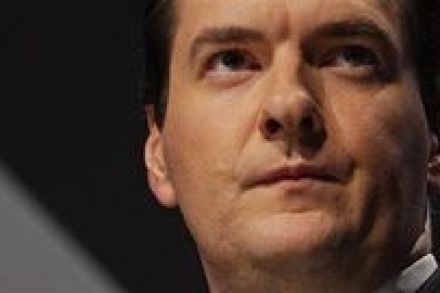Confusion surrounds the Tory position on the Muslim Council of Britain
The government broke off relations with the Muslim Council of Britain over Daoud Abdullah, its deputy secretary-general, signing the Istanbul declaration, which the government believed encouraged attacks on British forces if they attempted to enforce a weapons blockade on Gaza. Last week, the government retreated; inviting the MCB back in despite Daoud Abdullah’s signature remaining on the document. The question now is whether the Tories are going to go along with this surrender. The first test of this is a fundraiser that the MCB is holding on the 22nd of February. The invitation boasts that Jack Straw and Nick Clegg will be attending and says that Chris Grayling has been


















